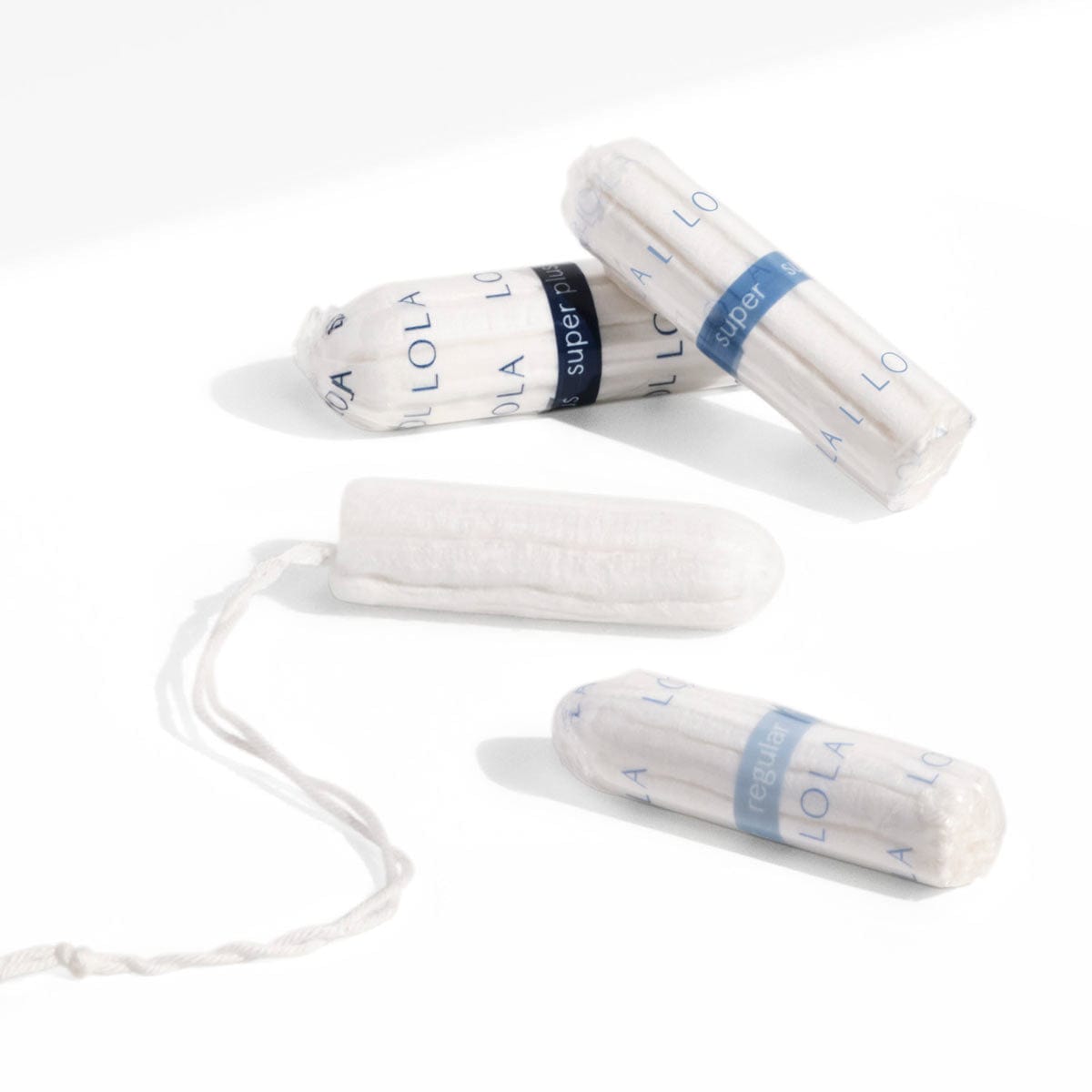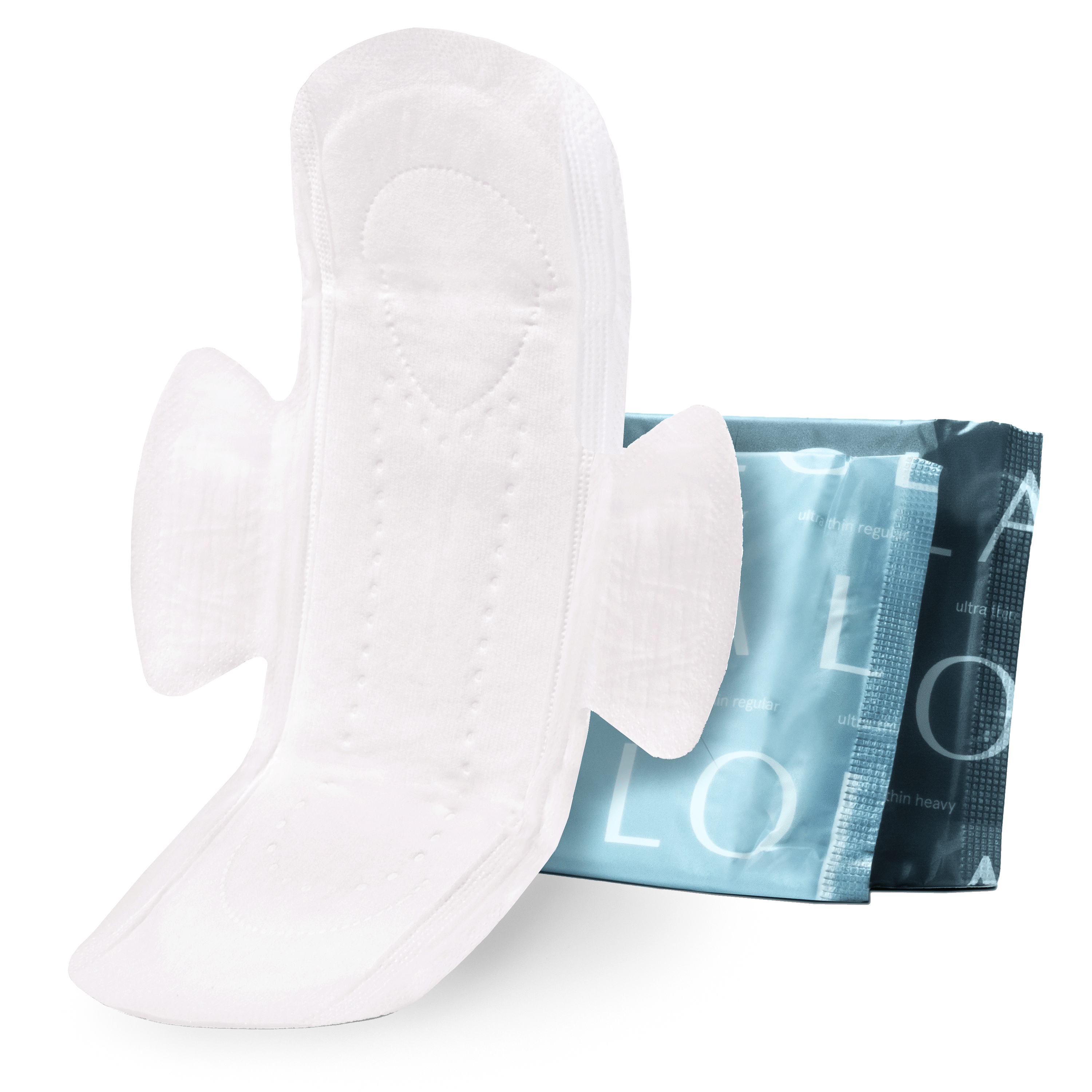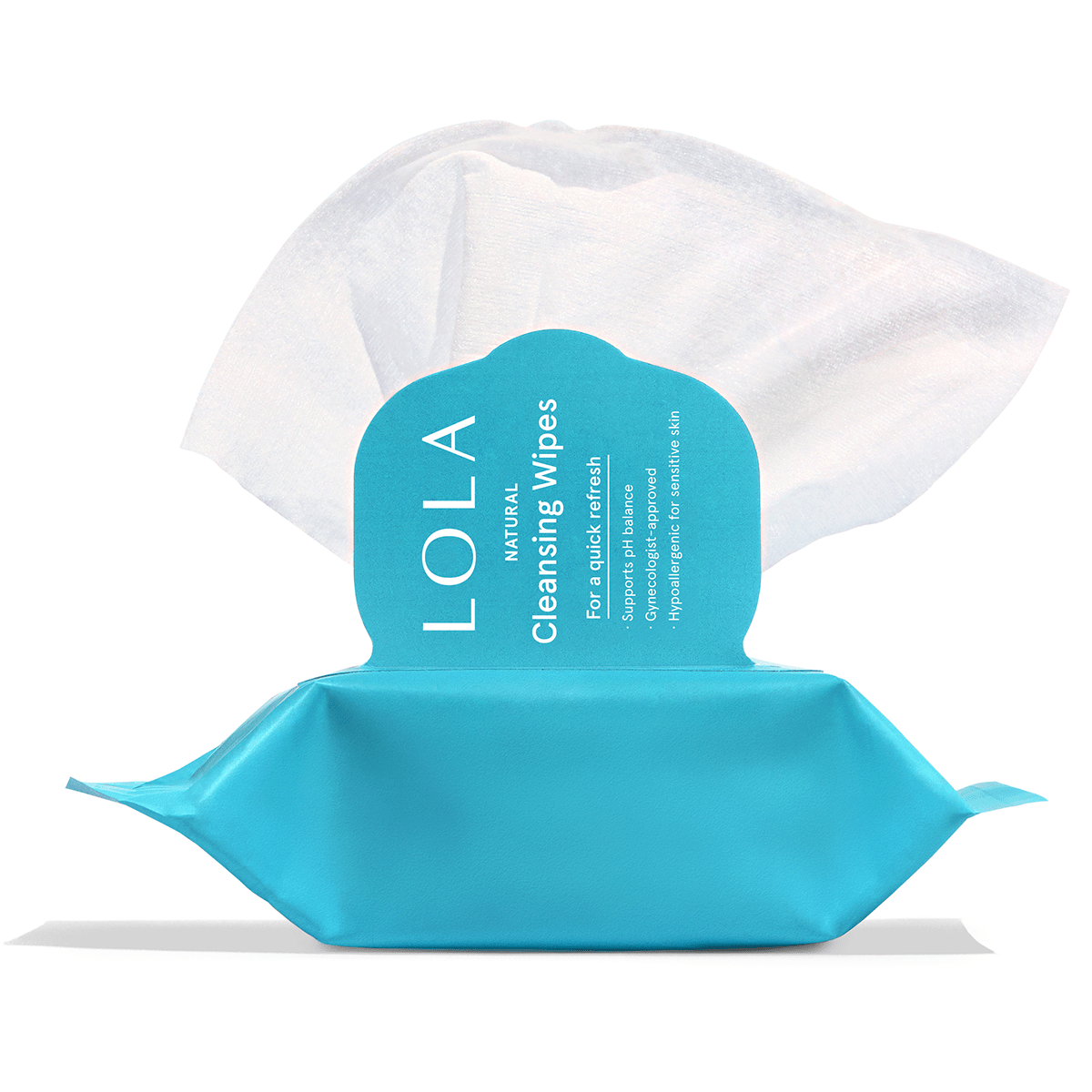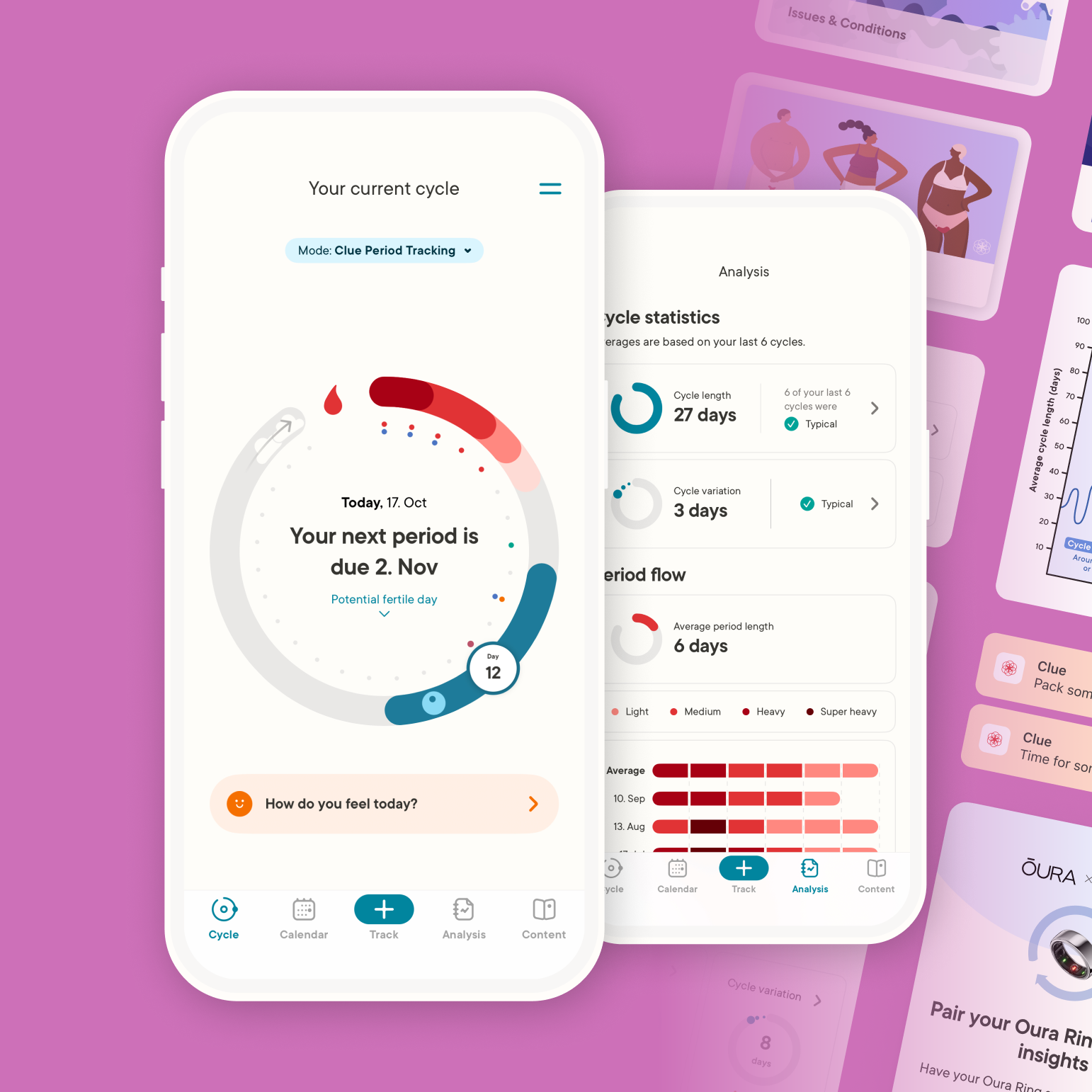Forget the tongue, the uterus is actually the most powerful muscle in the human body. After all, this amazing little organ expands from the size of a fist to the size of a watermelon in order to grow a baby, helps get that baby out with contractions, and expels blood every month like clockwork to let you know when there's no baby in residence. We know the uterus is of primo importance for pregnancy and reproduction, but what about sex? Very few women ever think about the role that the uterus plays in their sex lives and, surprisingly, it can be a big one.
Leah Millheiser, MD, director of the Female Sexual Medicine program at Stanford University Medical Center, explains that the female orgasm involves almost every part of your reproductive organs, including your uterus: "During orgasm, you experience a rhythmic contraction of the anal sphincter, the vagina, and the uterus. In some women, the intensity of the orgasm is connected to the uterus, and sometimes people experience an orgasm from stimulation of the cervix (the part of the uterus that connects to the vagina)."
So, yes, your womb can actually affect your sexual pleasure, despite the misconception that it's all about the clitoris, vagina, and hard-to-find G spot. Of course, not everyone's uterus and cervix is stimulated in this way, but if yours is, you'll know. Some people even say you can train yourself to have what are called "cervical orgasms," as holistic sex and relationship expert Kim Anami told Cosmopolitan.
The position of your uterus can also play a part in how sex feels. Most people's uteruses are tipped slightly forward. But about 1 in 5 women has a uterus that is tipped slightly backwards, which is called a retroverted uterus. This is a variation of normal and shouldn't cause any problems over the course of your reproductive life.
The position of your uterus can also play a part in how sex feels.
While it's nothing to be concerned about, clinically speaking, a tipped uterus might make some sex positions that involve penetration more uncomfortable. Doggy style, or other positions when your vagina is entered from the back, can be painful, ditto for positions with very deep thrusting. Jenna Benyounes Ulrich, CNM, WHNP-BC, a certified nurse midwife and trained sexuality counselor, says, "You can't do anything to change the position of your uterus, so it's about learning what works for you and what brings you pleasure."
Some uterine conditions, too, can affect the way you get it on. Fibroids, which are benign growths in the uterus that can range from one centimeter up to about 20 centimeters, are fairly common, especially as you age. Many people have them and have no symptoms or pain associated with their presence, while others might feel them during vaginal intercourse or sex toy play, especially if the fibroids are large, says Dr. Millheiser. This could manifest as pain or just a strange sensation.
Endometriosis is another condition that can have a huge impact on your sex life, mostly because of the heavy bleeding and pain that's commonly associated with it (Exhibit A: Lena Dunham's heart-wrenching essay about her ongoing struggle with endo). Endometriosis occurs when uterine tissue grows outside of the uterus, often in other areas of the pelvis, and affects about 1 in 10 women of reproductive age. Pain can cause a lack of desire to have sex, as well as pain during sexual activity. Bleeding (especially when it's prolonged or heavier than an average period) can also affect whether or not you or your partner are interested in or able to get hot and heavy, says Dr. Millheiser: "If you are spending 10 days a month bleeding, it makes sense that you might not want to have sex." But you should know that sex during your period or times of other bleeding is totally fine and healthy, and a survey found 60% of men are fine with it, too.
Research shows that pain complaints by women are often minimized by their doctors, which could be a reason why women feel uncomfortable speaking up. Both Dr. Millheiser and Ulrich stress that if you are having pain or difficulty with sex, you should tell your healthcare provider, especially if the feelings are new or different. Clinicians should ask about sex during both regular well woman appointments and visits for specific concerns, but unfortunately only about 14% do. If yours doesn't, it's often because they're rushed or busy, not because they don't want to know or don't want to discuss sex. It can be awkward to bring up, but it's important that you provide a full picture of your reproductive health.
But if you mention pain with sex and your provider doesn't seem concerned, Dr. Millheiser says you should persist: "If the doctor blows you off or pushes the concern to the side, you should advocate for yourself and say, "No, the sexual function part is really important to me and my relationship, so I want to make sure we stay on top of this."If he or she can't help you, they should be able to refer you to another provider who can.
Explore our awesome sexual health products including, our condoms without parabens and our personal lubricant!













